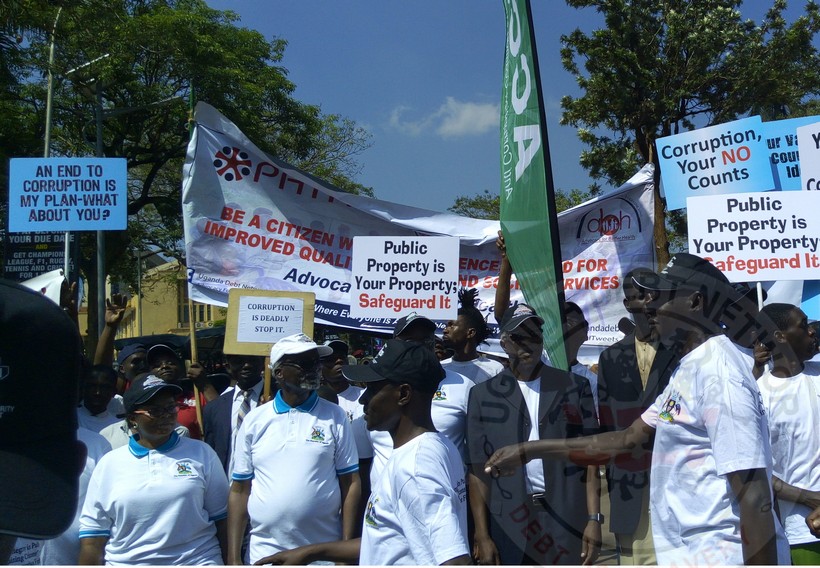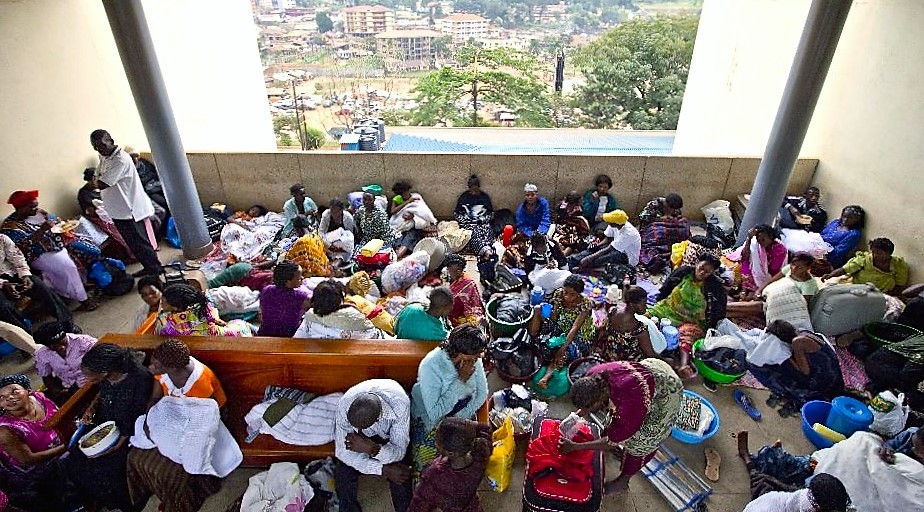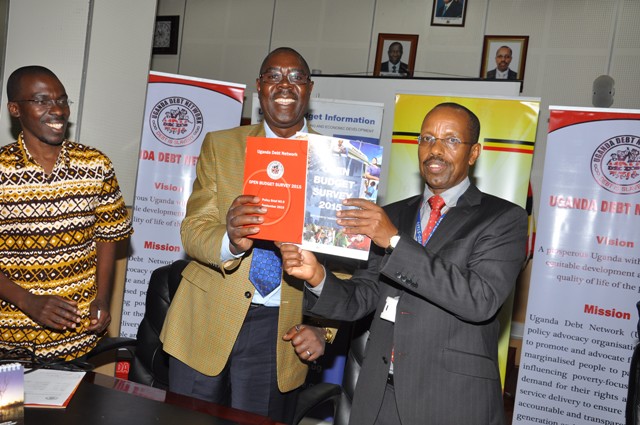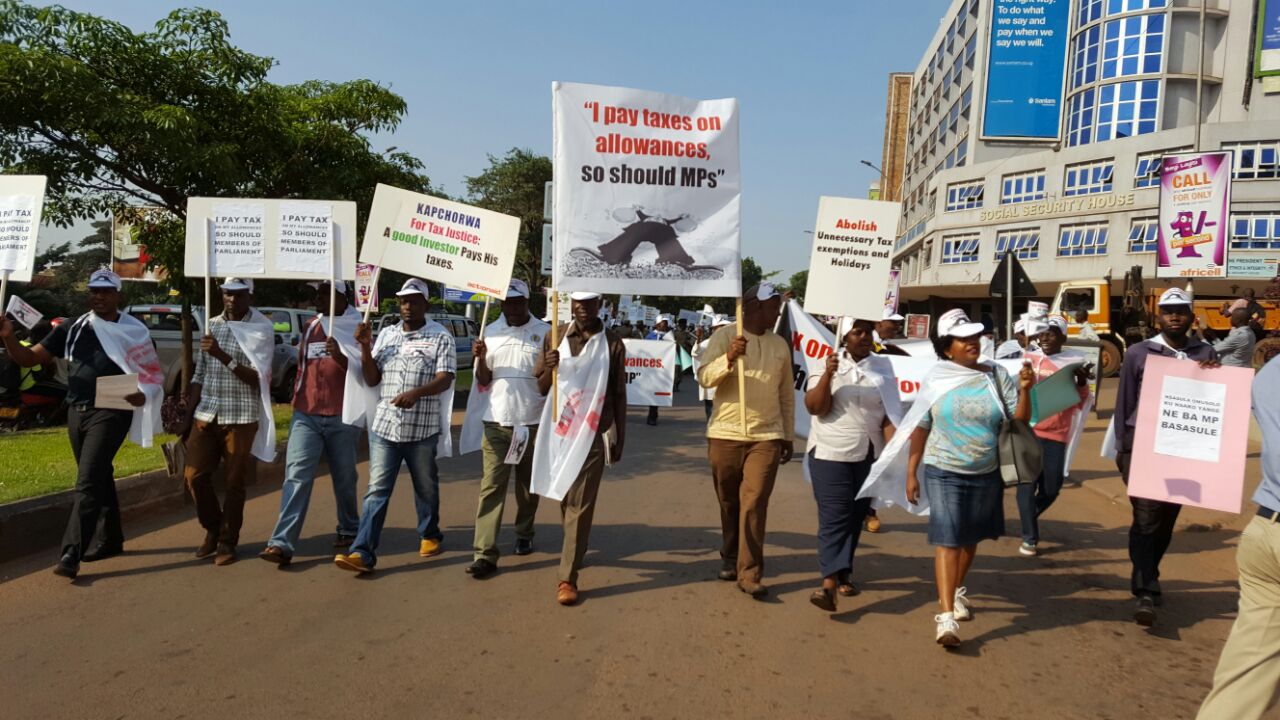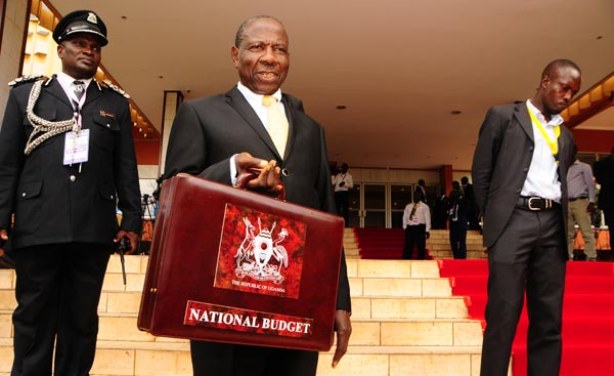
Government will soon read its National Budget for FY2018/19 under the theme ‘Industrialization for job creation and shared prosperity’, a total budget of UGX 29.274 trillion of which only UGX 12.744 trillion (43.5%) will be available for service delivery excluding budget support, debt repayments and domestic refinancing. Paying interest rates to Local and external loan obligations is projected to be UGX 2.7 Trillion which is one of the largest proposed allocations in the FY2018/19 budget.
Uganda’s growing unemployment rate, trade deficit (UGX 835.8bn) and debt equivalent to 33.8% of Gross Domestic product which is considerably high, can draw the country closer to the debt trap. Development expenditure is expected to amount to 27.9% of the total budget less than the minimum 30% threshold provided by the Public Finance Management Act 2012. The government aims to raise UGX 15.547 trillion through collection of Tax revenue projection for FY2018/19.
However Uganda still faces the challenge of having more revenue source hence straining the existing narrow revenue sources and the tax payers. There is need to build a stronger tax regime to improve revenue mobilization and widen the tax base.
Government plans to finance both the fiscal deficit and development expenditure using domestic sources, this will mount pressure on the domestic market in the FY2018/19. Uganda still relies on external and domestic debt which stands at 27% of GDP, especially a high debt repayment plan with interest payments being second in allocations. The country needs to be able to generate as much revenue as it can domestically in order to reduce debt burden and be able to finance its own development.
According to the Auditor General report absorption capacity within sectors is still inadequate with the Works and Transport sector has been reported to absorb only 40% of the signed loans which indicates expenditure performance needs to be as closely scrutinized, this will be frustrating the quality of service delivery if no substantive allocations are made to be accountable and transparent for the resources they are given by Government.
Almost all of the programmes favoring poor and vulnerable groups that are assessed have been allocated slightly less resources than they were in previous financial years such as Health allocated (7.4%), Education (11.0%) of the budget, more resources will be allocated to Works and Transport (21.4%), Energy and Mineral development (11.5%). With the recent joint EAC Heads of State summit themed ‘Deepening and widening regional integration through infrastructure and Health Sector Development in the EAC partner states’, Uganda’s Health sector is still facing its challenges on being unable to meet a number of commitments to having health sector reforms which have been mainly inherently political, and may not be sustained without a strong political will and legal framework.
Institutional and resource constraints continue to affect the development process and continue to compromise the improvement of public sector performance as a country. Increasingly, there is mounting recognition among EAC partner state leaders that capacity development is at the center of development however, we unable to effectively carry out our own policies, the consequences for society can be very costly. As a country we need to invest in social capital, to be able to improve the growth of physical, human and social capital. Weak capacities compromise the ability for Government to deliver services and to be able to undertake their public sector management and regulatory functions.
Demands for improved service delivery should prompt Government to explore better practices with a view to extending services in a cost effective manner as to customize services for the special needs of the citizens that are mostly hit by poverty. As well as the need for simplifying systems and procedures to allow for greater involvement of private sector under the new regime of economic transformation and to be able to facilitate greater flow of local and foreign investment.
Our budget should be people centered tailored to increased production as a country to sustain economic growth.
By Mbabazi Peninnah





